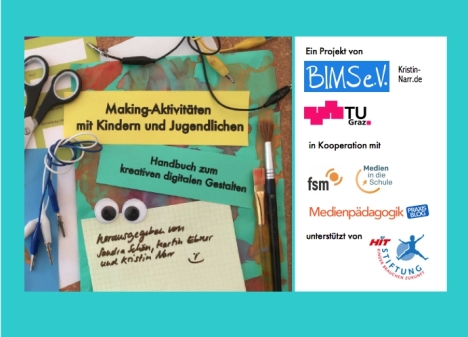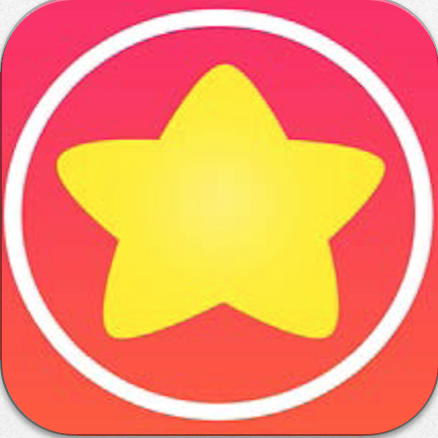Our second publication at this year HCII 2017 conference was about „Learning Analytics and Spelling Acquisition in German – Proof of Concept“ and describes our IDeRBlog-project.
Abstract:
German orthography is known to be quite difficult to master, especially for primary-school pupils in writing texts [cf. 1]. In order to support children with the acquisition of German orthography, we are developing a web-based platform for German-speaking users based on learning analytics techniques. Our goal is to motivate pupils age 8 to 12 to improve their spelling abilities by writing texts and by the possibility to publish them. Concerning spelling in combination with learning analytics the system provides – in case of an orthographic mistake – a specific feedback that encourages pupils to think about the spelling and to correct it. Based on occurred mistakes the teachers and the students are provided with a qualitative analysis of the mistakes. This analysis shows the problematic orthographic areas and gives suggestions for online and offline exercises as well as online courses that are explaining the orthographic phenomena. The aim of this article is to describe the architecture of the web-based system and a proof of concept by evaluating 60 essays. Furthermore, relevant background information is given in order to gain a better understanding in the complex interdisciplinary development.
[Publication @ Springer]
[Draft @ ResearchGate]
Reference: Ebner M., Edtstadler K., Ebner M. (2017) Learning Analytics and Spelling Acquisition in German – Proof of Concept. In: Zaphiris P., Ioannou A. (eds) Learning and Collaboration Technologies. Technology in Education. LCT 2017. Lecture Notes in Computer Science, vol 10296. pp. 257-268. Springer, Cham



